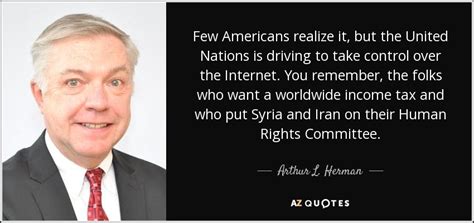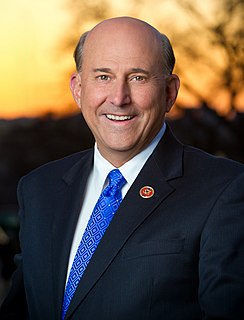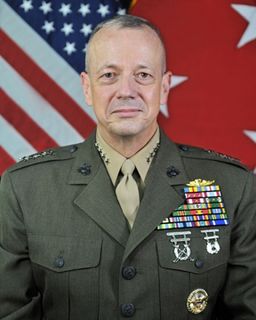A Quote by Arthur L. Herman
The lesson of the Cuban Missile Crisis is plain: Strength prevents war; weakness invites it. We need a commander-in-chief who understands that - and who won't leave us facing a foe who thinks he doesn't.
Related Quotes
Americans are at war with radical Islamic terrorism. We are at war with the ISIS caliphate, and what we need is a commander-in-chief who knows that, who understands that, who will give our military the resources they need to make that fight, pull our allies together - including moderate Arab nations - and hunt down and destroy ISIS and other terrorist organizations at their source.







































